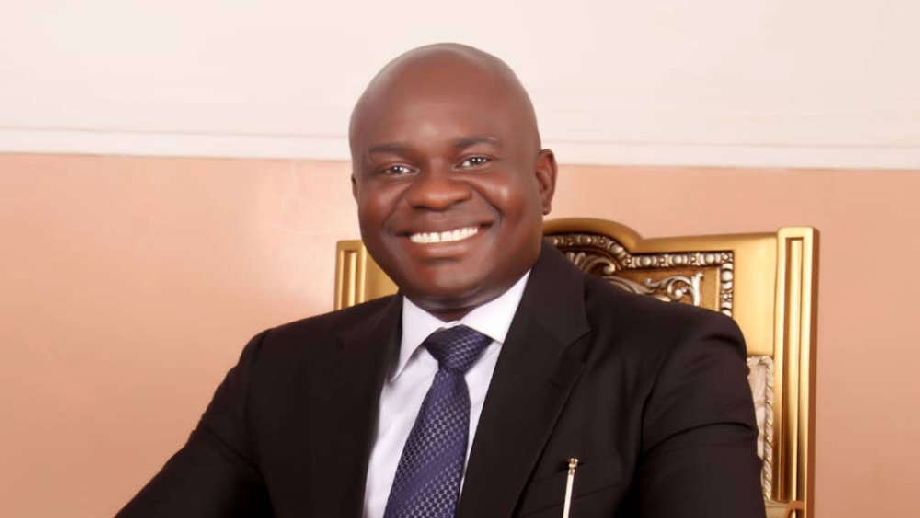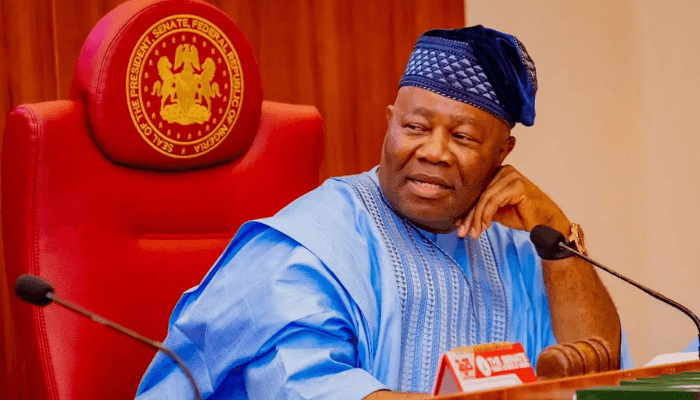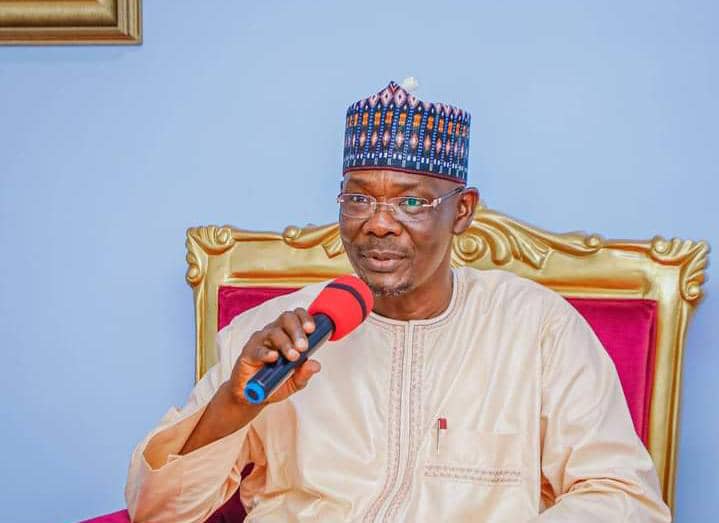“A Deep Dive into the Supreme Court’s Decision and Its Implications for Rivers State”
In a recent interview with DAILY POST, Hon. Farah Dagogo, a former governorship aspirant and seasoned lawmaker, shared his insights on the ongoing political crisis in Rivers State. Dagogo, who has served in both the National Assembly and the Rivers State House of Assembly, provided a detailed analysis of the Supreme Court’s controversial rulings, the implications for governance, and the steps needed to restore peace and stability in the state.
Subheading:
“The Supreme Court’s Ruling: A Justified Decision or Judicial Overreach?”
The Supreme Court’s decision to withhold federal allocations to Rivers State has sparked widespread debate. Dagogo explained that the ruling stemmed from a legal dispute involving 27 lawmakers who allegedly defected from the Peoples Democratic Party (PDP) to the All Progressives Congress (APC). The court found no evidence of defection, allowing the lawmakers to retain their seats and ordering the Central Bank of Nigeria to withhold state funds until the budget was passed.
Dagogo emphasized the importance of judicial hierarchy, noting that a smaller panel of judges should not overrule a larger panel’s decision. He cited cases like Sodeinde Bros. Ltd v. ACB Ltd and Orubu v. National Electoral Commission to highlight the principle of stare decisis, which ensures consistency in legal precedents.
Subheading:
“Challenging the Supreme Court: Is There a Way Forward?”
While the Supreme Court’s decisions are typically final, Dagogo outlined potential avenues for challenging the ruling. These include:
Filing a Motion for Review: Under Order 8, Rule 16 of the Supreme Court Rules, a review can be sought in cases of jurisdictional errors or new evidence.
Legislative Intervention: The National Assembly could enact laws to address the constitutional issues raised by the ruling.
International Human Rights Petitions: If the ruling violates fundamental rights, petitions can be filed with bodies like the ECOWAS Court of Justice.
Dagogo stressed that any challenge must be grounded in solid legal arguments and supported by credible evidence.”Local Government Elections: Why the Supreme Court Nullified the Vote”
The Supreme Court also nullified the October 2024 Local Government Elections in Rivers State, citing the Rivers State Independent Electoral Commission’s (RSIEC) failure to comply with the Electoral Act. Specifically, RSIEC did not issue the mandatory 90-day notice before the election date, a violation of Section 150 of the Electoral Act 2022.
Dagogo supported the court’s decision, emphasizing the need for strict adherence to electoral laws. He referenced cases like All Progressives Congress v. INEC and Action Congress v. INEC, where courts nullified elections due to procedural irregularities.”The Path to Peace: Recommendations for Rivers State”
Dagogo called for dialogue and compromise between the executive and legislative arms of government. He urged Governor Siminalayi Fubara and the lawmakers to prioritize the interests of Rivers State citizens over political rivalries.
Key recommendations include:
Conducting Fresh Local Government Elections: RSIEC must ensure full compliance with electoral laws, including the 90-day notice requirement.
Reconstituting RSIEC: To restore public confidence, a new, impartial electoral commission should be established.
Avoiding Tenure Elongation: The state government and assembly must refrain from extending the tenure of local government officials beyond constitutional limits.”The Bigger Picture: Upholding Democracy and the Rule of Law”
Dagogo concluded by stressing the importance of upholding democratic principles and the rule of law. He called on all stakeholders to work together to resolve the crisis and ensure that Rivers State emerges stronger and more united.
















Got a Questions?
Find us on Socials or Contact us and we’ll get back to you as soon as possible.